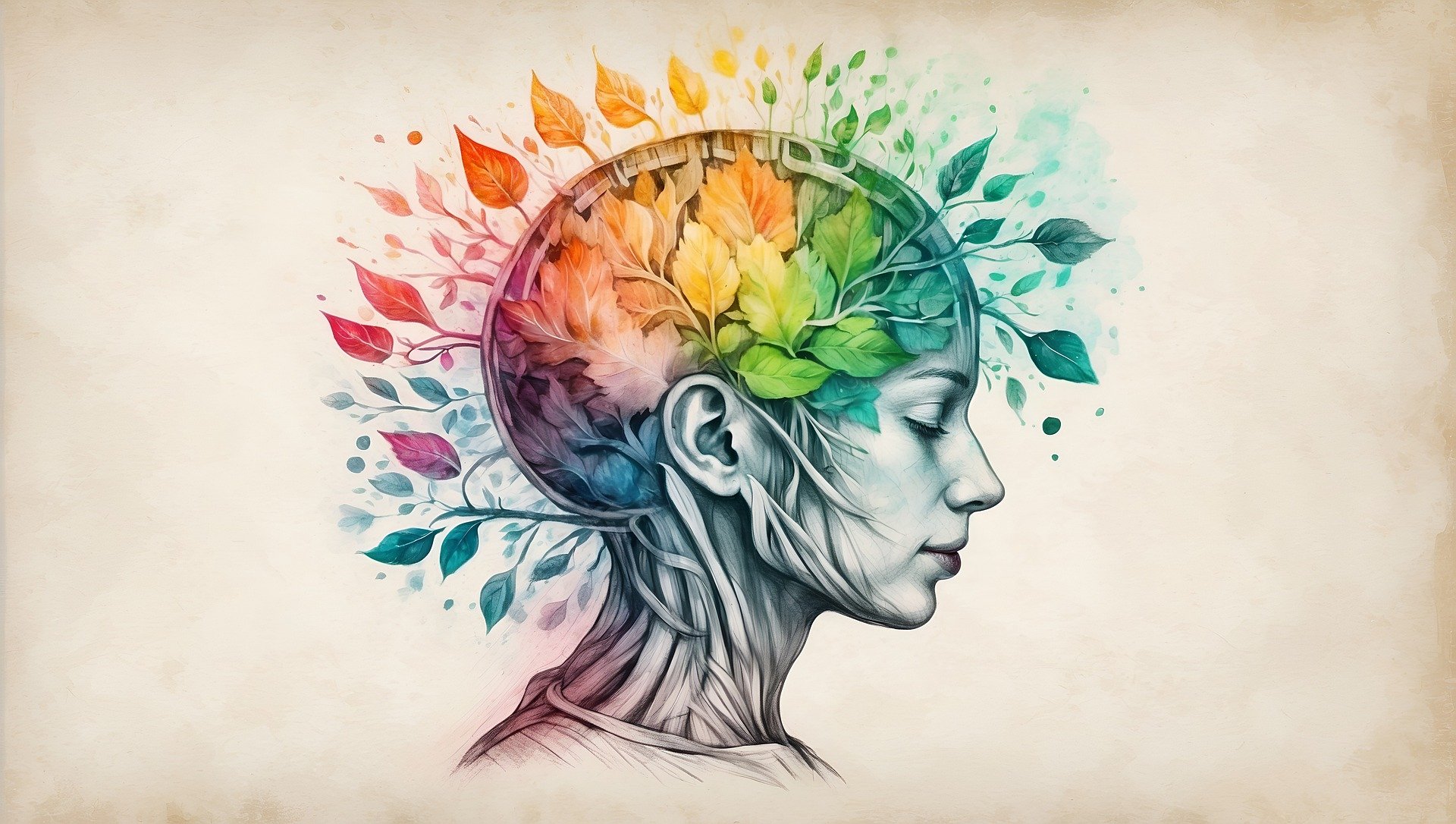Introduction: Are You Your Own Worst Critic?
Have you ever felt like no matter how much you do, it’s never enough? Like you’re constantly running on a treadmill, trying to prove yourself to the world—and to yourself?
You are not alone.
Many people struggle with being overly hard on themselves, pushing to achieve perfection or blaming themselves for every mistake, big or small. While self-discipline is crucial for growth, there’s a thin line between healthy self-motivation and harmful self-criticism.
In this blog, we’ll explore why we are so hard on ourselves, what happens when we push too far, and how to strike a balance that is both productive and kind. If you’ve been struggling with self-criticism, this might be the reality check you need to inspire a gentler, healthier relationship with yourself.
So grab a snack & make yourself surround with words by Voumy!

Why Are We So Hard on Ourselves?
From an early age, many of us are taught to strive for excellence. While this mindset can motivate success, it can also fuel perfectionism. We live in a world that often measures success by material achievements—grades, jobs, financial success—and anything less feels like failure.
Here are a few reasons why we may fall into the trap of being our own harshest critic:
- Societal Pressure: Social media and society often show a curated version of success. Seeing others' “perfect” lives can make us feel inadequate.
- Childhood Conditioning: Growing up in environments where mistakes were punished harshly can teach us to fear imperfection.
- Fear of Failure: Being too hard on ourselves often stems from the fear of failure or not living up to expectations.
- High Standards: Setting unrealistic expectations can set us up for disappointment, making self-criticism inevitable.
While striving for growth is admirable, beating yourself up can cause more harm than good. So how do you know when it’s too much?

The Dangers of Being Too Hard on Yourself
It’s one thing to hold yourself accountable, but another to drown in self-blame or constant negativity. Being excessively hard on yourself can have lasting impacts:
1. Mental and Emotional Exhaustion
Overthinking every mistake or flaw drains your mental energy. Instead of focusing on solutions, you spiral into guilt or shame.
2. Low Self-Esteem
Constant self-criticism chips away at your confidence. You begin to believe you’re not good enough, even when others see your value.
3. Stress and Anxiety
Pushing yourself too hard leads to overwhelming stress, which can snowball into anxiety, sleep disturbances, and even depression.
4. Burnout
No one can operate at full speed indefinitely. Overcommitting and pushing beyond limits often lead to physical and mental burnout, making it harder to achieve your goals.
Signs You’re Too Hard on Yourself
Are you wondering if this applies to you? Here are a few signs you’re being overly critical of yourself:
- You focus on what went wrong instead of what went right.
- You set unrealistic expectations for yourself.
- You find it difficult to celebrate your achievements.
- You blame yourself for things outside your control.
- You feel guilty for taking breaks or saying no.
- You often compare yourself to others and feel “less than.”
If any of these resonate with you, it’s time to step back and reassess how you treat yourself.
How to Be Kinder to Yourself: Practical Steps

Now that we’ve acknowledged the problem, let’s talk about solutions. Being kinder to yourself doesn’t mean giving up or settling for mediocrity. It means treating yourself like you would treat a close friend—with compassion, understanding, and encouragement.
1. Practice Self-Compassion
Start replacing harsh self-talk with kindness. If you make a mistake, don’t call yourself a failure. Instead, say something like, “It’s okay. I made a mistake, but I can learn from it.”
2. Set Realistic Goals
Break large goals into smaller, achievable milestones. Celebrate small wins along the way. Remember, progress matters more than perfection.
3. Focus on What You’ve Achieved
Take time each day to reflect on your accomplishments, no matter how small. This simple habit rewires your brain to focus on positives rather than negatives.
4. Allow Yourself to Rest
Productivity is important, but so is rest. Taking breaks, enjoying hobbies, or simply relaxing recharges you for better performance.
5. Challenge Negative Thoughts
Whenever a critical thought pops up, ask yourself: “Is this thought true? Would I say this to someone I love?” If the answer is no, replace it with something more realistic and compassionate.
6. Stop Comparing Yourself to Others
Your journey is unique. Comparing your behind-the-scenes to someone else’s highlight reel will always leave you feeling inadequate. Focus on your growth.
7. Seek Support
Sometimes, talking to a trusted friend, mentor, or therapist can help you gain perspective and work through self-critical thoughts.
The Balance: Push Yourself, but Be Gentle
Remember, growth comes from a balance of effort and rest. Life is a marathon, not a sprint. You can hold yourself to high standards while still treating yourself with love and respect. Being your own biggest cheerleader doesn’t mean ignoring areas for improvement—it means recognizing your worth while striving to become better.
Here’s a truth you need to hear:
You are enough, as you are right now.
Yes, you can improve.
Yes, you can work harder.
But your worth is not defined by how much you achieve.

Final Thoughts: Be Your Own Best Friend
It’s easy to be hard on yourself in a world that constantly demands more. But at the end of the day, your relationship with yourself matters most. Life will always have challenges, but you don’t have to make it harder by being your own worst critic.
When you treat yourself with kindness, you’ll find greater happiness, motivation, and resilience. You’ll not only inspire yourself but also those around you.
So the next time you’re tempted to be harsh on yourself***, pause. Breathe. Remind yourself that you’re doing the best you can—and that is always enough.***








